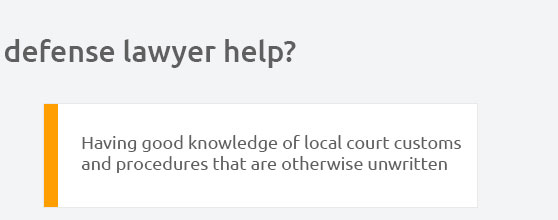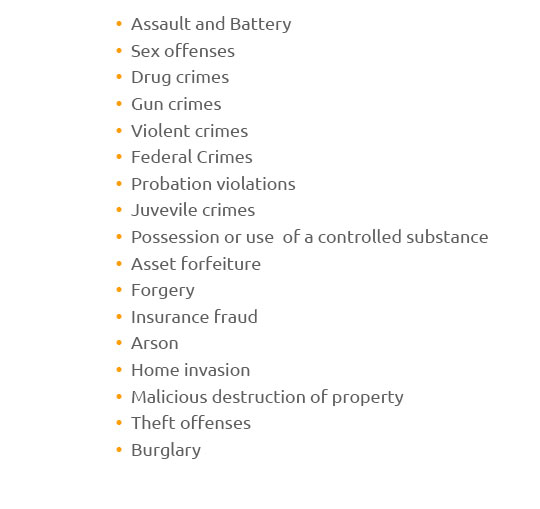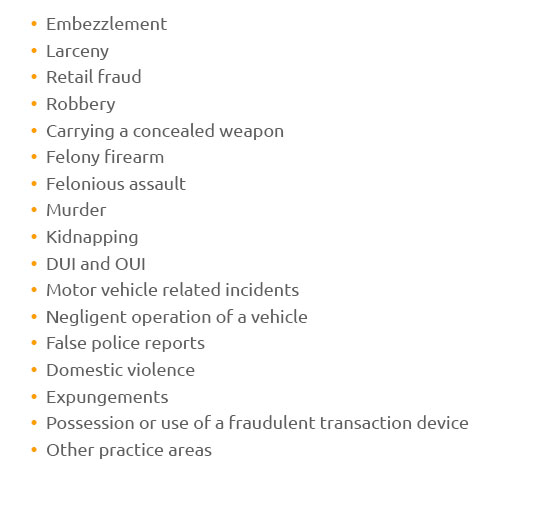 |
|
||||
 |
 |
 |
 |
 |
 |
 |
 |
 |
 |
 |
 |
|
 |
 |
 |
|
||||
The Role and Responsibilities of a Federal Defense AttorneyIn the intricate labyrinth of the United States judicial system, few roles are as critical and demanding as that of a federal defense attorney. These legal professionals are tasked with the formidable duty of defending individuals accused of federal crimes, a responsibility that requires not only a profound understanding of the law but also a strategic mind, a compassionate heart, and an unwavering commitment to justice. As one delves into the world of federal defense attorneys, it becomes apparent that their role extends far beyond the courtroom, encompassing a myriad of tasks that are essential to ensuring a fair trial and upholding the principles of justice. Firstly, it is crucial to understand the types of cases a federal defense attorney might encounter. Federal crimes differ significantly from state crimes in terms of their complexity and the potential penalties involved. These crimes can range from white-collar offenses such as fraud and embezzlement to more severe charges like drug trafficking and terrorism. Each case requires a unique approach and a deep understanding of federal statutes, making the role of a federal defense attorney both challenging and intellectually stimulating. Moreover, federal defense attorneys must navigate the complexities of the federal court system, which is known for its rigorous procedures and strict deadlines. This requires not only legal acumen but also excellent organizational skills and the ability to work under pressure. A federal defense attorney must be adept at researching legal precedents, drafting motions, and negotiating plea deals, all while maintaining a clear focus on the client's best interests. Beyond the technical aspects of the job, a federal defense attorney must also possess strong interpersonal skills. Building a rapport with clients, many of whom may be facing the most challenging times of their lives, is an essential part of the job. This requires empathy, patience, and the ability to communicate complex legal concepts in a way that is both accessible and reassuring.
Despite the inherent challenges, many federal defense attorneys find their work incredibly rewarding. There is a profound sense of fulfillment that comes from advocating for justice and helping clients navigate the complexities of the legal system. The role requires a unique blend of intellect, dedication, and compassion, qualities that are essential for anyone considering a career in this field. In conclusion, being a federal defense attorney is not merely a job; it is a vocation that demands a lifelong commitment to the pursuit of justice. It is a role that requires continuous learning, as the legal landscape is constantly evolving. For those who are passionate about defending the rights of others and who thrive in high-pressure environments, a career as a federal defense attorney can be both challenging and immensely gratifying. As one navigates this demanding yet rewarding path, they become not only defenders of their clients but also stewards of the justice system, ensuring that fairness and equality remain at the forefront of the American legal process. https://banksbrower.com/criminal/federal-criminal-offenses-attorney-indianapolis/
The federal offenses attorneys at Banks & Brower have gained a reputation as the most reliable criminal defense attorneys in the Indianapolis region. https://federal-lawyer.com/indiana/indianapolis-federal-defense/
Trusted Legal Representation from Former DOJ Prosecutors for Federal Criminal Matters in Indianapolis, Indiana. https://www.lawinfo.com/criminal-law-federal/indiana/indianapolis/
Patel Defense has experience helping clients with their Federal Criminal needs in Indianapolis, Indiana.
|




